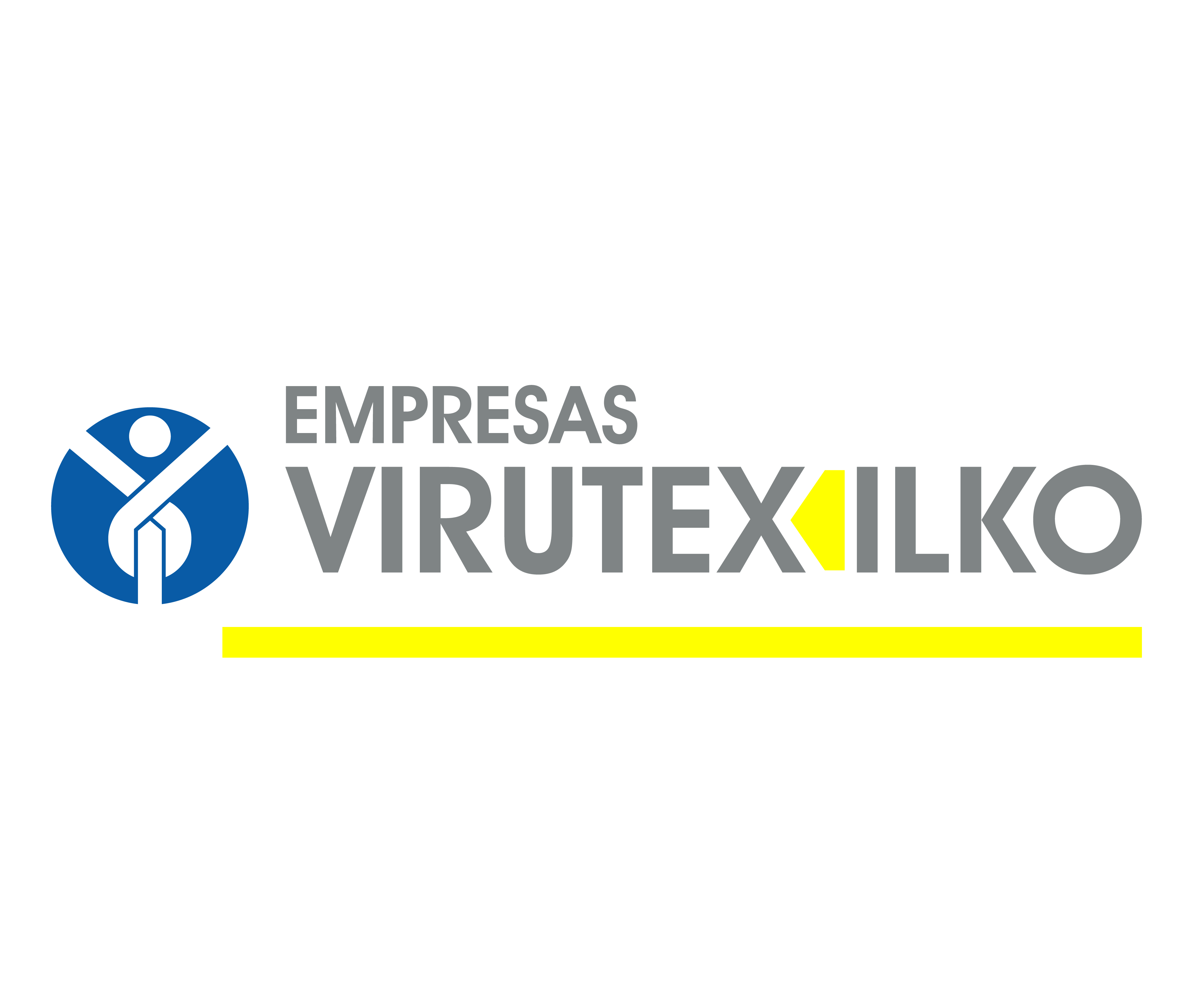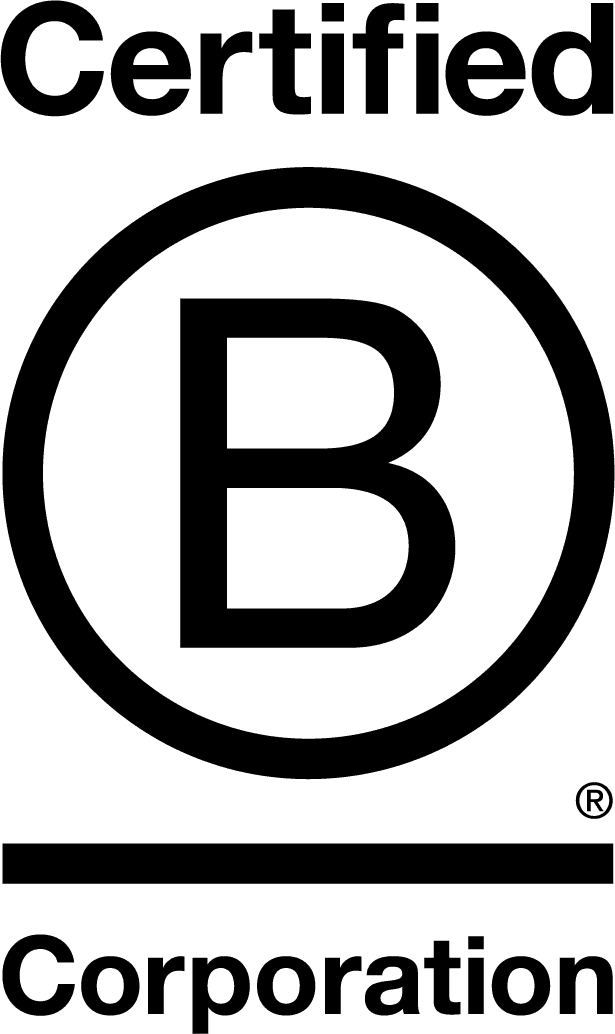

Virutex Ilko

Santiago Metropolitan Region, Chile
April 2022
Cleaning products
Manufacturing
Argentina,
Chile,
China,
Colombia,
Hong Kong S.A.R.,
Mexico,
Peru
Virutex Ilko es una compañía que elabora y distribuye marcas líderes en limpieza, desinfección y concina a nivel internacional. Fundada hace 78 años, posee plantas en Chile, Colombia y Perú, y oficinas comerciales en Argentina, México, Hong-Kong y Shanghái. Sus productos se comercializan en más de 25 países, con marcas fuertes como Virutex, Task, Virutex Pro e Impeke en el negocio de limpieza y desinfección e Ilko en el rubro de productos para la cocina. Cuenta con Certificación de Empresa B desde 2022 para todas sus operaciones y productos, los que destacan por su calidad, funcionalidad y propuesta de valor superior, logrando contribuir a un mejor planeta, junto con brindar la mejor experiencia en las tareas de limpieza y cocina.
Overall B Impact Score
Governance 17.6
Governance evaluates a company's overall mission, engagement around its social/environmental impact, ethics, and transparency. This section also evaluates the ability of a company to protect their mission and formally consider stakeholders in decision making through their corporate structure (e.g. benefit corporation) or corporate governing documents.
What is this? A company with an Impact Business Model is intentionally designed to create a specific positive outcome for one of its stakeholders - such as workers, community, environment, or customers.
Workers 24.4
Workers evaluates a company’s contributions to its employees’ financial security, health & safety, wellness, career development, and engagement & satisfaction. In addition, this section recognizes business models designed to benefit workers, such as companies that are at least 40% owned by non-executive employees and those that have workforce development programs to support individuals with barriers to employment.
Community 16.4
Community evaluates a company’s engagement with and impact on the communities in which it operates, hires from, and sources from. Topics include diversity, equity & inclusion, economic impact, civic engagement, charitable giving, and supply chain management. In addition, this section recognizes business models that are designed to address specific community-oriented problems, such as poverty alleviation through fair trade sourcing or distribution via microenterprises, producer cooperative models, locally focused economic development, and formal charitable giving commitments.
Environment 21.3
Environment evaluates a company’s overall environmental management practices as well as its impact on the air, climate, water, land, and biodiversity. This includes the direct impact of a company’s operations and, when applicable its supply chain and distribution channels. This section also recognizes companies with environmentally innovative production processes and those that sell products or services that have a positive environmental impact. Some examples might include products and services that create renewable energy, reduce consumption or waste, conserve land or wildlife, provide less toxic alternatives to the market, or educate people about environmental problems.
What is this? A company with an Impact Business Model is intentionally designed to create a specific positive outcome for one of its stakeholders - such as workers, community, environment, or customers.
Customers 1.9
Customers evaluates a company’s stewardship of its customers through the quality of its products and services, ethical marketing, data privacy and security, and feedback channels. In addition, this section recognizes products or services that are designed to address a particular social problem for or through its customers, such as health or educational products, arts & media products, serving underserved customers/clients, and services that improve the social impact of other businesses or organizations.